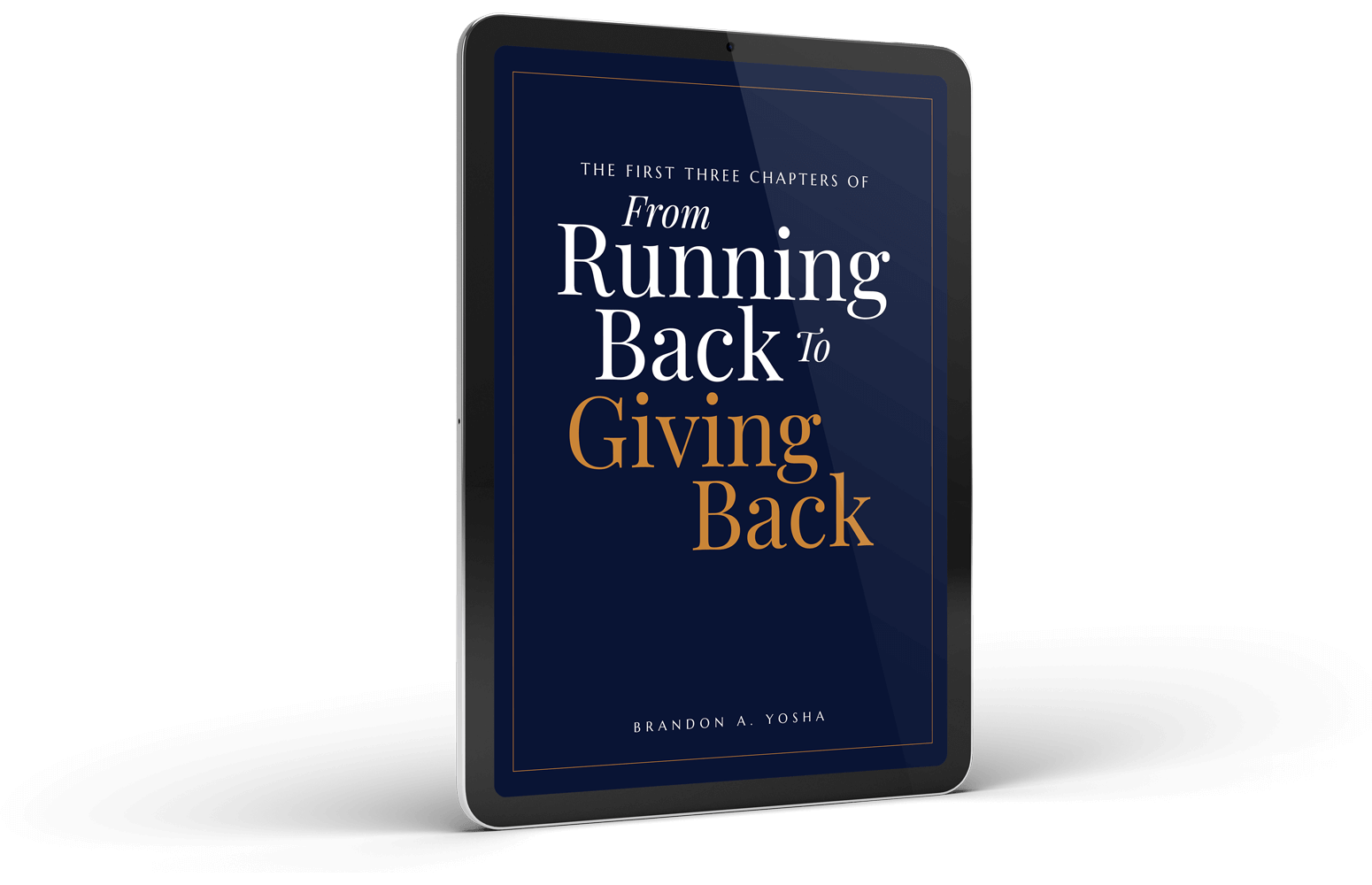In the aftermath of an accident in Indiana, you may find insurance companies aren’t willing to pay out enough money to cover your losses and expenses. If another party is liable for your pain and suffering, the financial burden shouldn’t be yours to bear.
You feel like you’ve hit a roadblock as you attempt to negotiate a settlement. You think it may be time to retain an Indianapolis personal injury lawyer.
The majority of personal injury claims are settled before they go to court. However, at times filing a personal injury lawsuit is the only way to receive fair compensation from insurance companies. But how do you file a personal injury lawsuit in Indiana?
Although you can pursue a claim on your own, a personal injury lawyer in Indiana can guide you through the legal system and help support you on the road to justice. While it is difficult to predict the exact timeline of any personal injury lawsuit in Indiana, there are some milestones and steps that will help you chart your progress.

- What you should know about a personal injury lawsuit in Indiana
- Steps to take before you file a personal injury lawsuit
- Stages of a personal injury lawsuit in Indiana
- How long does a personal injury lawsuit take?
What you should know about a personal injury lawsuit in Indiana
According to the Lawsuit Information Center, 57 percent of Indiana personal injury civil lawsuits that go to trial in Indiana result in a settlement for the plaintiff. The median compensation received in an Indiana trial is $25,036.
However, personal injury awards in Indiana can also reach millions of dollars. For example, Yosha Law helped a client fight for $7.5 million in a slip and fall case. Reviewing case results can give you a clearer understanding of the potential outcomes and compensation ranges, which is crucial for plaintiffs in personal injury claims.
With the right personal injury attorney, individuals involved in accidents can navigate the lawsuit timeline effectively and pursue fair and just compensation that reflects the true extent of their injuries and losses.
Steps to take before you file a personal injury lawsuit
After your accident, you may wonder, “Do I have a personal injury case?” It’s important to remember that even minor injuries, documented by medical professionals, may qualify you for a valid compensatory claim.
You should take basic steps to document any injuries or property damage that you’ve incurred. Even before you file your personal injury lawsuit, you should do the following:
- File a police or incident report: If your personal injuries are the result of an accident or act of violence, make sure you call 911 and file a police report in person or online. If your accident occurs in a public space or your workplace, file an incident report with the business owner or your employer.
- Document your injuries and the scene of your incident with photo or video evidence: Immediately after your accident, document property damage and personal injury with photos and video. This evidence may be used to bolster any compensatory claim you file in the future.
- Seek medical attention and keep documentation: Any documented medical treatment you’ve received as the result of your personal injury accident in Indiana may potentially lead to compensation and can be claimed as economic damages.
This may include doctor’s appointments, emergency room visits, hospital stays, prescriptions, surgeries, or any other documented treatment.

Stages of a personal injury lawsuit in Indiana
Hire an Indiana personal injury lawyer
To get a lawsuit started in Indiana, you must first file your claim with your local court system. Legally, you have the option to represent yourself in a personal injury lawsuit. However, you may find the process overwhelming and unneeded stress added to your unexpected injuries and rising medical costs.
Lawsuits require a copious amount of paperwork, adherence to deadlines, and a comprehensive knowledge of the negotiation process. Insurance companies are notoriously reluctant to pay accurate settlements, and could lowball or outright deny your personal injury claim.
If you choose to represent yourself in a legal claim and accept a low compensatory offer, you may not have a valid legal claim to further compensation.
A personal injury lawyer in Indiana can help alleviate the stress of the legal process and allow you to focus on your recovery. The right attorney can gather evidence in your case, negotiate with insurance companies, help you to calculate your damages, and fight for you in court.
When you should file your personal injury lawsuit
Under Indiana state law IC § 34-11-2-4, a mandated statute of limitations on personal injury lawsuits protects both the plaintiffs and defendants in a case. Plaintiffs are given ample time to file their claims, and defendants are protected from frivolous lawsuits filed long after reported accidents occurred.
In Indiana, you have two years from the exact date of your accident to file a personal injury claim. Exceptions are made for individuals who were minors or were mentally incapacitated at the time of their accident. However, it’s important that you file your lawsuit as soon as possible so that your legal path to justice can begin.
Once you’ve filed a police or incident report, and a doctor has given you a definitive diagnosis, you can proceed with your lawsuit. If possible, you should also wait until you have documentation of the medical bills you’ve incurred and will continue to incur in the future.
Requests for hospital or office medical records can take some time, and patience is vital in this process. You might validly deserve compensatory damages, but rushing the process could lead to a less than desirable outcome.
If you settle with insurance companies too quickly, you may end up financially responsible for future medical issues related to your accident.

File court papers and serve processes
After you’ve hired a personal injury lawyer, they will manage all court filings and help you to determine when you should file a lawsuit. This step typically occurs after you’ve failed to come to settlement terms with the insurance companies handling your claim.
In Indiana, the initial filing of a personal injury lawsuit should include details about your claim, the damages you’re claiming (economic, non-economic, and punitive), and the monetary amount you seek to cover your losses.
Once a lawsuit has been filed, a process server will deliver a summons to the named defendants in your case. If you’ve hired a personal injury lawyer, your lawyer will handle all process service needs.
However, if you choose to file your lawsuit without legal representation, you’ll need to hire an unbiased, third party process server to deliver all pertinent documents for you. Upon document delivery, the defendant then has a period of 30 days to respond to the lawsuit.
It’s important to note that if the defendant cannot be located by a process server, or processes are incorrectly served, your case may face legal setbacks.
Handle counterclaims
Defendants also have a legal right to file counterclaims to your personal injury lawsuit. Basically, this means that if they have a valid legal claim with evidence supporting that your negligence led to your accident or caused their injuries, they might countersue you. You will then need to respond to the counterclaim before your lawsuit can proceed.
Discovery process
The discovery process takes place after your personal injury lawsuit has been filed in Indiana, and the named defendants have been served. This is the stage of a lawsuit where you and your lawyer, along with the defendant’s legal team, must disclose all evidence and allow all involved parties to examine what you’ve gathered.
The discovery process follows four vital steps:
- Interrogatories: The insurance company (and any other defendant named in your suit) will present you with written questions pertaining to your case. These questions are considered the fact-finding step when you sue someone for personal injury in Indiana.
The questions may include requests for your contact information, the names of any witnesses you may call, details about your accident, and medical treatment you’ve received.
- Request for Production: The defendant in your personal injury lawsuit may request to peruse forensic evidence from the accident, your medical records, and receipts of bills pertaining to your accident. All parties involved in the lawsuit must turn over requested documents to opposing counsel.
- Request for Admission: Parties in the lawsuit must hand over written statements to the opposing party who must then, under oath, either attest to the veracity of the statements made or deny them. Documents can also be presented during the request for admission.
- Depositions: Legal testimony given pre-trial and recorded by a court reporter. Both plaintiffs and defendants in a personal injury lawsuit can request depositions which usually include under-oath statements from witnesses and forensic experts as well as details concerning the accident.
Depositions are often captured on video and can be played during trial. These witness statements are crucial to the negotiation process.
Negotiations and trial
Ideally, you can settle your personal injury lawsuit in Indiana before you go to trial. Trials can prove costly and may take months (or even years) to conclude. Reaching a valid, pre-trial settlement is beneficial for all parties.
Pre-trial negotiations may occur after the discovery process. Your attorney may schedule mediation meetings with opposing counsel to try to reach a financial agreement. You have final say over whether you’ll accept or reject these offers.
If you cannot reach an agreement, your lawsuit will then go to trial. The judge will oversee hearings and motions to decide which evidence included in the discovery process is admissible. After the trial is complete and a ruling is reached, both sides can file appeals. The appeal process can also prove lengthy.
How long does a personal injury lawsuit take?
Personal injury lawsuit timelines can vary based on a variety of factors, including the amount of time each stage of the case takes, the severity of your injuries, and complexities of the claim. For example, if your lawsuit includes a wrongful death claim, the legal process may take some time.
If you choose to file a personal injury lawsuit in Indiana, you should be prepared to spend a fair amount of time awaiting a verdict. On average, personal injury lawsuits can take anywhere from a few months to several years to settle.
If you decide to retain counsel for your Indiana personal injury lawsuit, it’s vital you find an Indiana personal injury lawyer who cares.
At Yosha Law, we are passionate about our clients and consider them part of our family. We’ll help with your personal injury claim and fight for what you’re owed.
We also offer an initial free case evaluation where we can help you explore the merits of your case and guide you through the legal process.
Frequently Asked Questions
How do I claim compensation for personal injury?
To claim compensation for personal injury, gather evidence like photos and medical records. Report the incident to authorities and seek medical help. Tell your insurance company and consider talking to a personal injury lawyer. Then, file a claim with the relevant insurance company or the responsible party. Negotiate a fair settlement, or if needed, consider going to court. Keep records of everything related to your claim for a stronger case.
How long after an accident can you sue for personal injury in Indiana?
For those wishing to file a claim in the state of Indiana the statute of limitations for personal injury cases is two years. This means that if you’re injured in an accident, you have two years from the date of the accident to file a lawsuit. If you wait longer than that, your case might be dismissed without being considered. However, there are a few exceptions to this rule.
How do I file a personal injury lawsuit in Indiana?
To start a lawsuit in Indiana, you first need legal standing. This means you must have a valid reason recognized by the law to file a lawsuit. Next, consider hiring a personal injury lawyer in your area to guide you through the process. Once you’ve established legal representation, decide where to file your lawsuit based on jurisdictional rules. Finally, file and serve your complaint to officially begin the legal proceedings.







